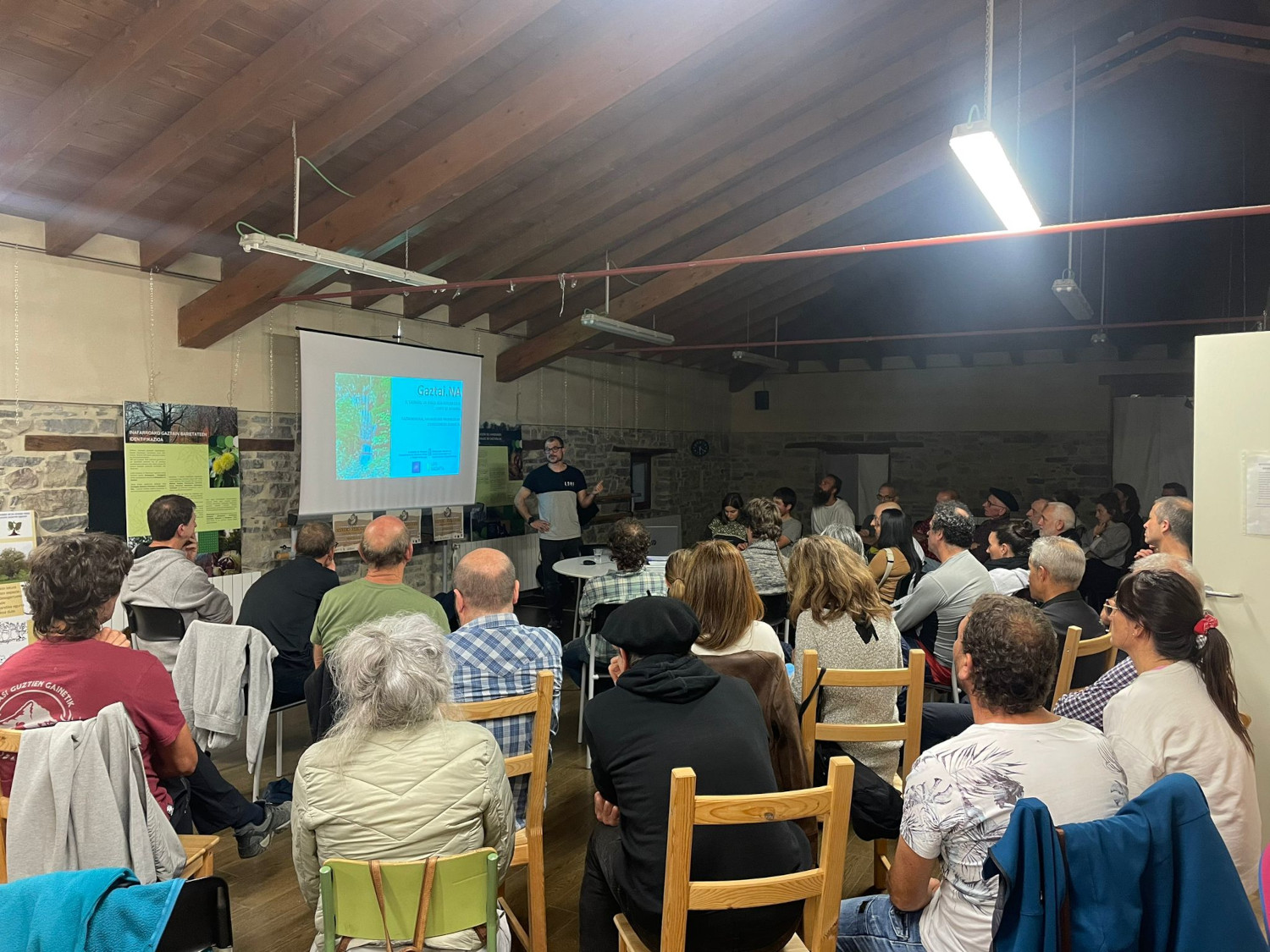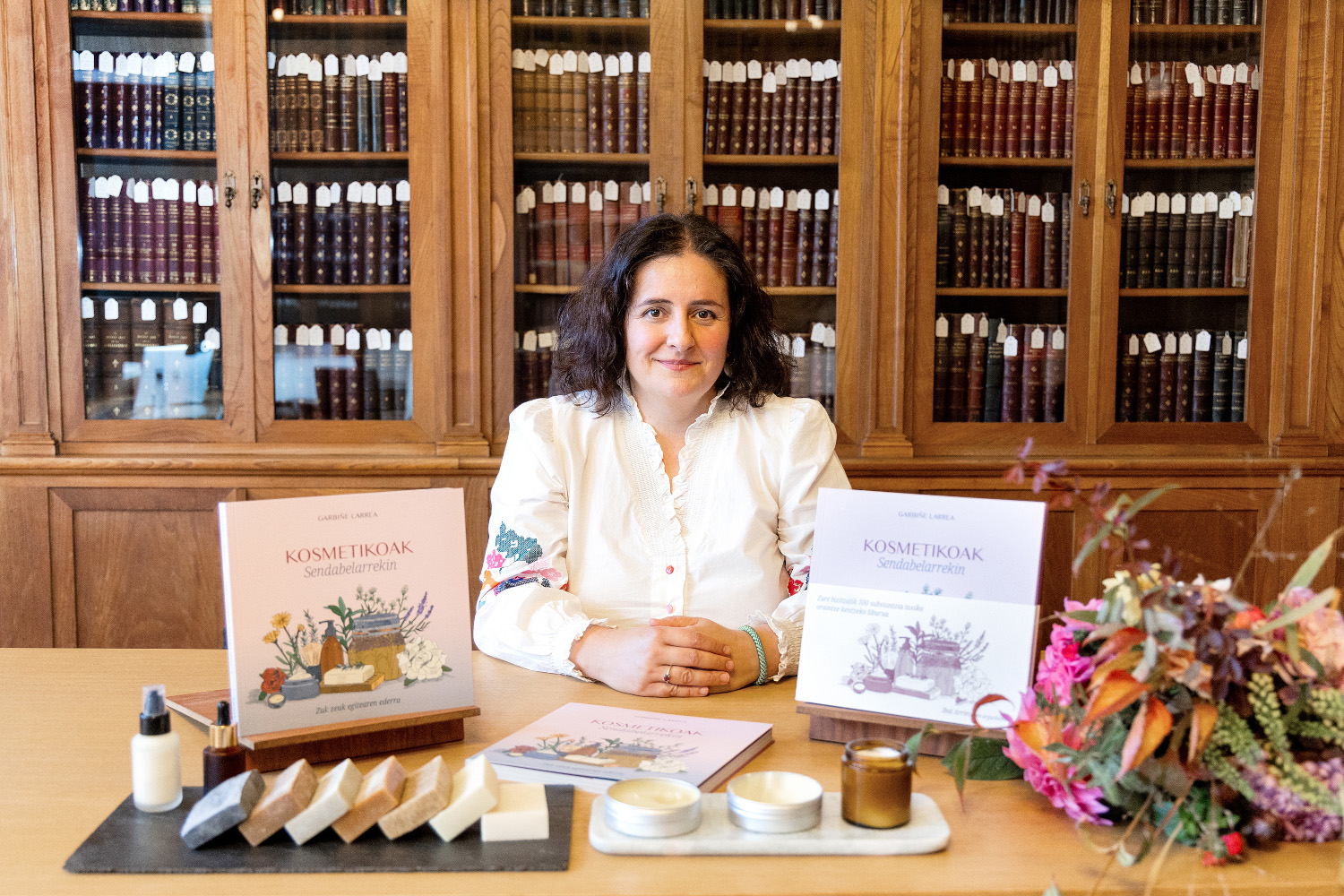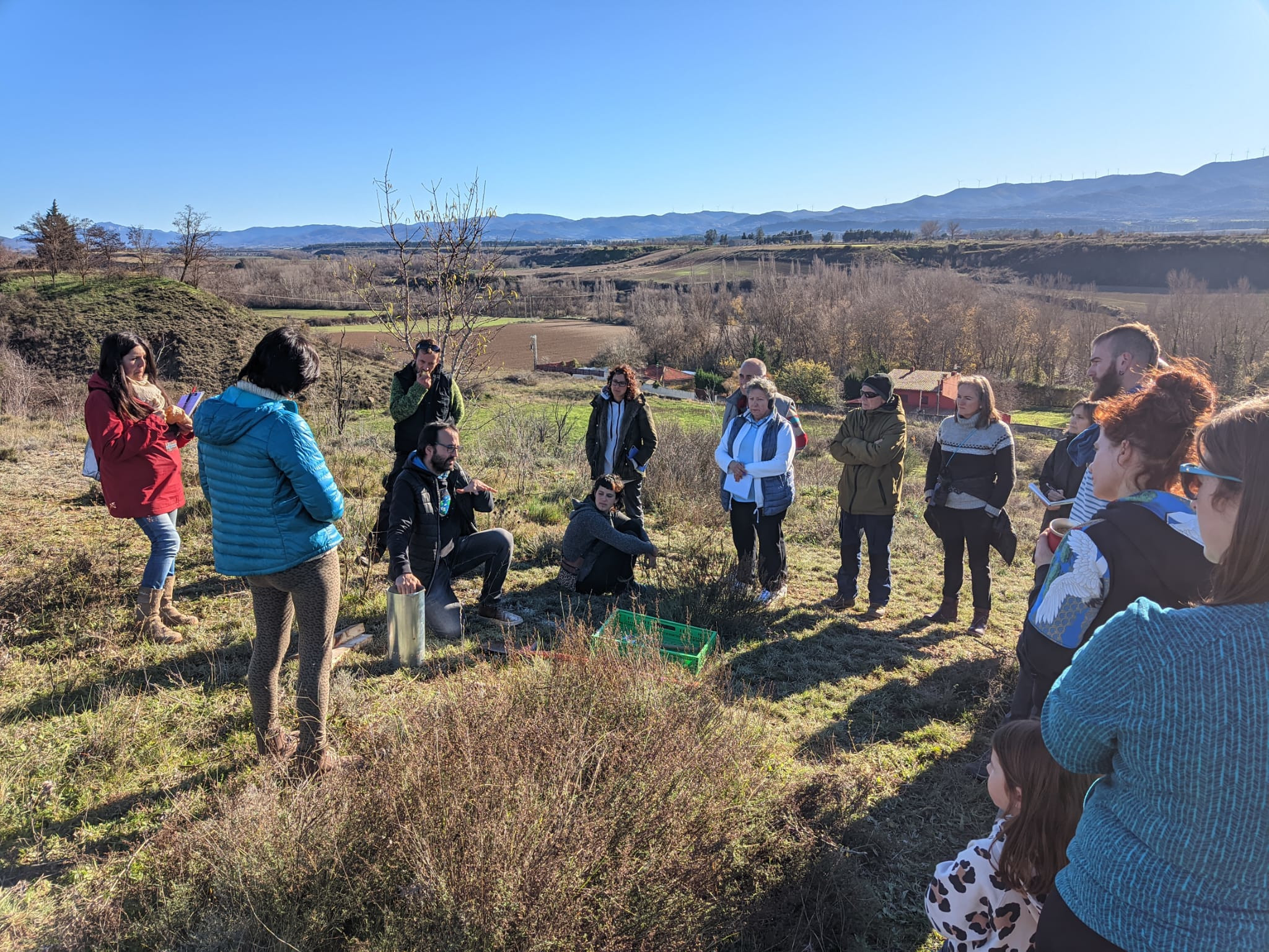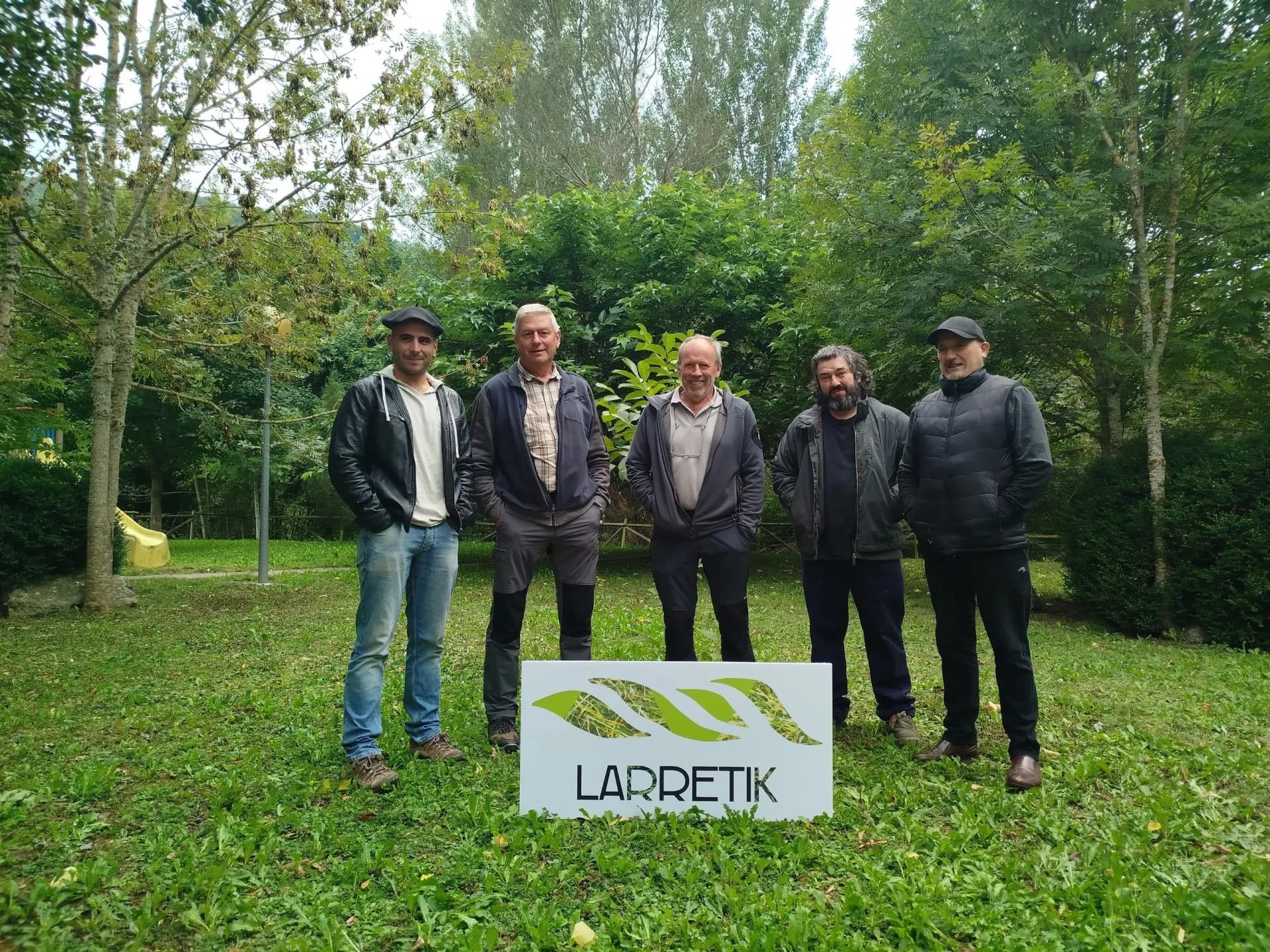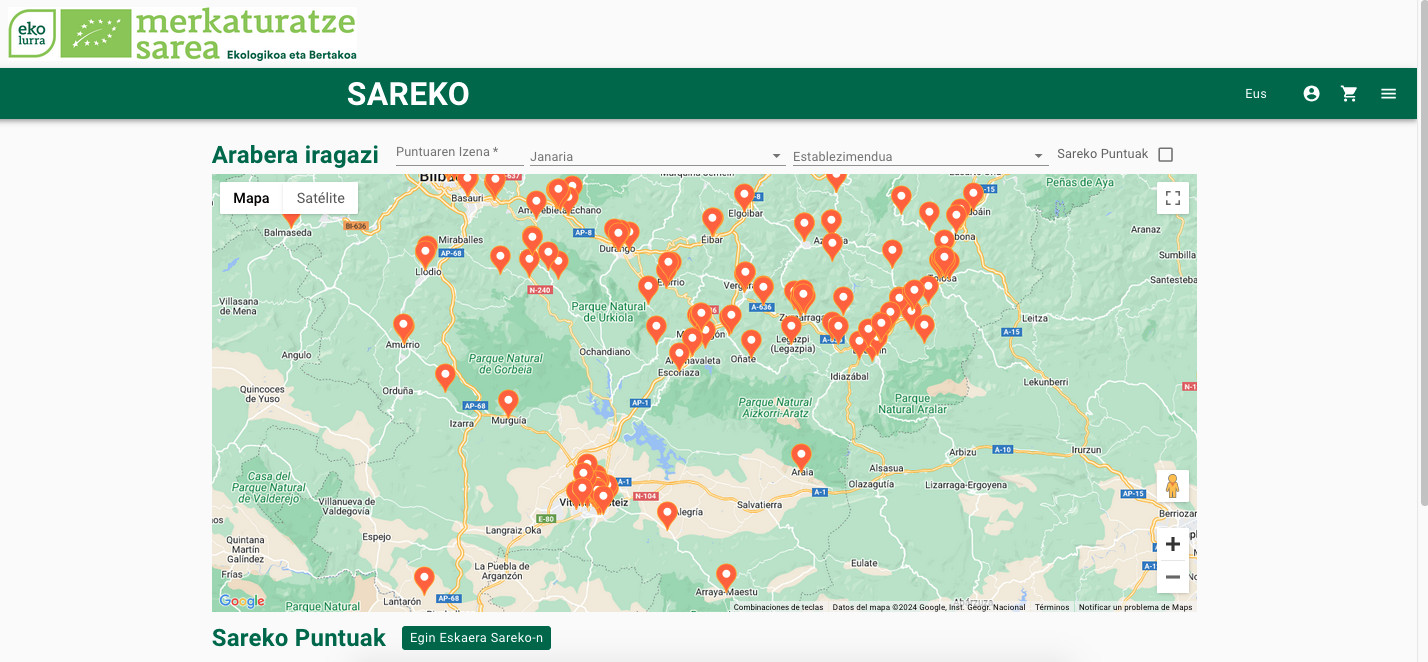
Baztan's neighbors will be able to learn about agroecology through the Citizen School of Agroecology. The initiative was created last year with the collaboration of eight entities from different locations in the Baztan that have presented a joint programme. “The school’s goal is outreach, to raise citizens’ awareness, but not just for that,” said Mayor Joseba Otondo at the press conference presenting the initiative.
More participation and renewed offer this year
The organizers have made a positive assessment of last year’s classes, as more than 120 people participated in the programme’s activities. Aitor Azkarate, of the Hazitik Hozie association, explained that this year the offer has been almost completely renewed and that more associations and entities have been added.
On 24 February began the seed preparation course of the vegetable garden in Oronoz. On 10 March, the Seed Day was organized in Ziga, with the exchange of seeds in the morning and subsequent talk by Jakoba Errekondo. At the end of March, a talk on glyphosate in Elizondo and a tour to Berroeta was organised to learn about the species and varieties of indigenous trees. The activities of the People's School will continue until December, with courses of beer, cheese and bread, excursions to steelworks and organic steelworks or a mycological week, among others.
Request for an average cycle of agroecology
Mayor Joseba Otondo has taken advantage of the press conference of the new course of Eskola Herritarra to request that the new Vocational Training Center of the region offer a medium cycle of agroecology in Basque. “The formation of agroecology for the development of the region is strategic. This training would also coincide with the projects being carried out at Baztan,” he said. The mayor explained that the request had already been forwarded to those responsible for it.
Otondo has insisted on the need to promote other types of models of action in the face of the intensive, industrial and productivist model. We must commit ourselves to a rural model that guarantees the future of small neighbourhoods and villages. “We need a popular and sustainable agriculture that the farmers of Ipar Euskal Herria work every day.”










